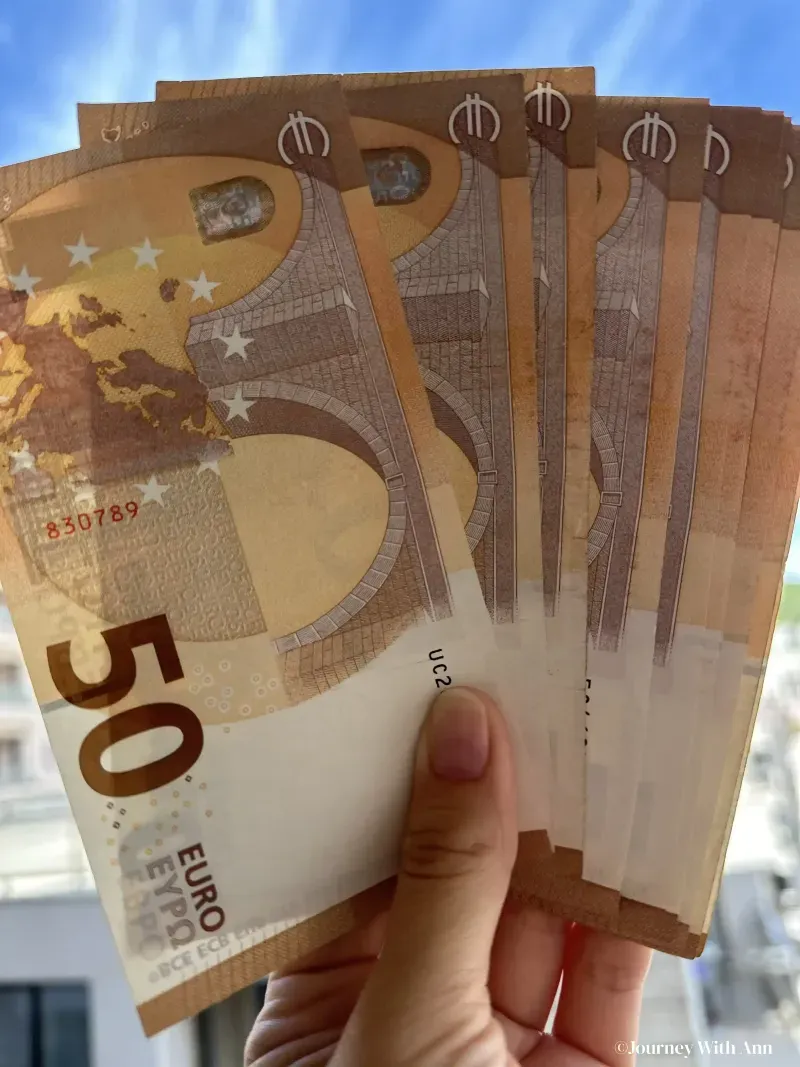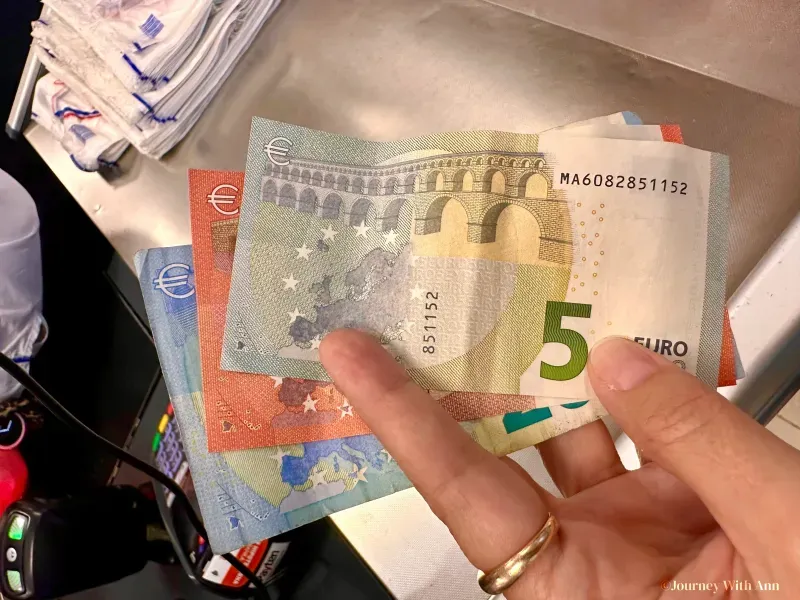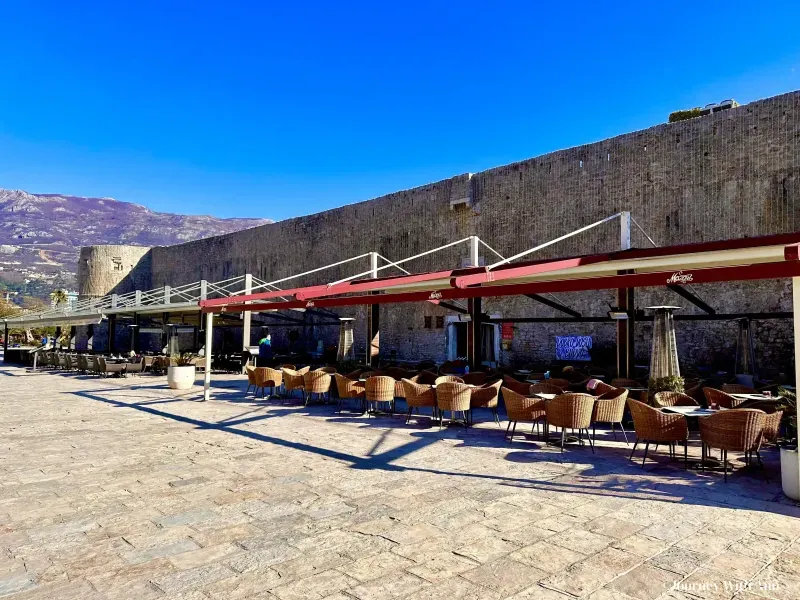The Euro in Montenegro
Despite not being a member of the Eurozone, Montenegro unilaterally adopted the Euro in 2002. This was a strategic move following its split from the Federal Republic of Yugoslavia. Before the Euro, Montenegro used the Deutsche Mark to replace the Yugoslav dinar in 2000, transitioning to the Euro when the Deutsche Mark was phased out. This adoption was not sanctioned by the European Central Bank or the EU but has been tolerated since.
Economic Implications of Using the Euro
The use of the Euro in Montenegro has several economic implications. It has helped stabilize the Montenegrin economy, simplify trade, and attract investment, particularly in the tourism sector, which is a significant part of the country's economy. However, this also means Montenegro does not have control over its monetary policy, relying instead on the European Central Bank's decisions.
Political Aspects and Future Prospects
Montenegro's use of the Euro is also intertwined with its political aspirations, particularly its aim to join the European Union. Official adoption of the Euro would only be possible upon EU membership, which Montenegro has been negotiating since 2012. The country's progress towards EU integration will significantly impact its official use of the Euro and its economic policies.
Conclusion
Montenegro's situation presents a fascinating case of a country using a foreign currency without the typical legal frameworks that usually accompany such use. This arrangement has supported its economic stability and growth, highlighting a unique path in global finance. Montenegro's journey towards European Union membership will be crucial in determining the future of its currency situation. For travelers, the use of the Euro offers remarkable convenience, eliminating the need for currency exchange and simplifying financial transactions across much of Europe.



